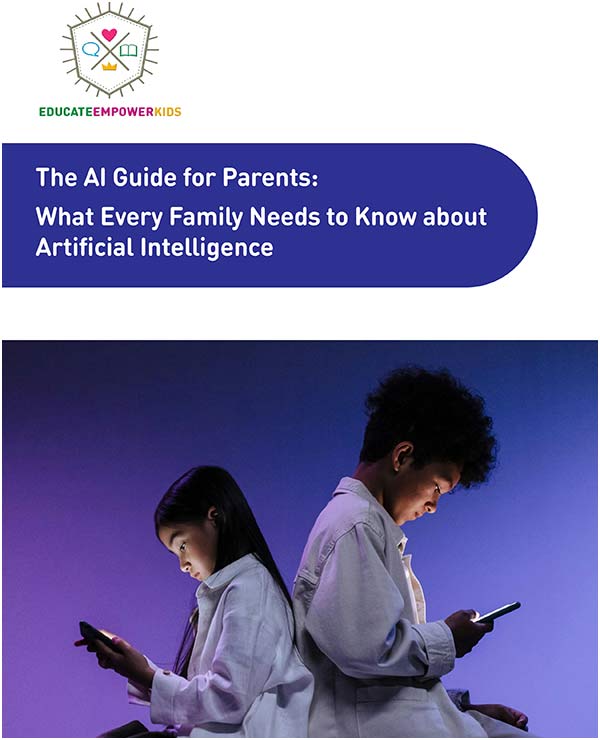By Courtney Schwieger
We live in a time and place where we are exposing ourselves to media almost constantly. We rely on technology to help our lives run more efficiently, but also for entertainment. A quick update on Facebook, a run through Instagram, an episode of your favorite sitcom, can all give us a quick shot of endorphins to pick us up emotionally, mentally, and even physically. Used in a healthy and appropriate way, technology and media can really benefit our lives. Media, however, does have the potential to cause damage.
Media and technology affect children very differently than adults and can lead to confusion, fear, and developmental lag. Gaining some understanding in child development and media literacy can empower parents to make decisions that will benefit their children long-term.
Many parents suggest that children should not even see a television screen until age two, because their brains have not developed enough to make sense of a television screen yet (Hill, 2015). Children are programmed to learn from human interaction, something that a television cannot provide even if there is a person on the screen.
Babies take in a lot more than we understand. They are not only looking at our faces for smiles, but also analyzing our body language, our tone of voice, and our facial expressions to find meaning. All of these factors come together to make connections in baby’s brain in a natural process. A television may seem real to a baby or toddler, but it creates a false sense of reality when they try to internalize the content.
At age two, although it is now considered “safe” for children to watch a television screen, studies show that at that point they still have significant trouble distinguishing reality from what’s happening on the television (Hill, 2015).
By age three, children typically believe that everything that happens on television is fictional.
It isn’t until age five that children begin to understand the difference between news reports and fictional television programs. From there however, preschool age children see television as clips that are separate and unrelated events. Therefore, violence may be seen as sporadic, unpredictable events, leaving the child with unrealistic fears of being harmed. Although children are now at the age where they can begin to understand television more for what it is, it causes other significant problems.
Children are like sponges. They soak up everything they see and experience, then learn from it and apply it constantly. So what are children learning from TV?
One study revealed that 70% of television shows have some sort of violence in it (Wilson, 2008). Another research study took two groups of children, showed one group a violent three-minute video and observed that their playtime had more aggressive behavior than the group that did not watch the video (Wilson, 2008). This was one video, three minutes, one time, and it resulted in immediate aggression.
It is scary to think about what prolonged exposure to violence on television will do, or even worse, video games, where kids pretend to be the aggressors. These kinds of media have a great potential to desensitize children to the feelings and needs of others around them. They also portray inappropriate use of aggression and violence, something social scientists call a cognitive distortion.
Television may be a standard part of our lives, but it is necessary for parents to take action to maintain their child’s appropriate development and keep them from becoming fearful or aggressive, the results of which could be life long.
And while we’re on the topic of media literacy … Check out our new Kids Activity Page! Have your children put their skills to the test decoding advertisements with fun interactive exercises for different age groups. Are they smarter than the media?
For amazing discussions and activities that help connect you to your kids, check out .
Available in Kindle or Paperback!Courtney Schwieger is a newlywed, graduating senior at Brigham Young University-Idaho in the marriage and family studies program, and a passionate advocate for healthy relationships.
Citations:
Wilson, B. (2008). Media and Children’s Aggression, Fear, and Altruism. The Future of Children, 87-118. Retrieved October 12, 2015, from JSTOR.
Hill, David L. “Why to Avoid TV Before Age 2.” HealthyChildren.org. N.p., 20 Aug. 2015. Web. 12 Oct. 2015.




